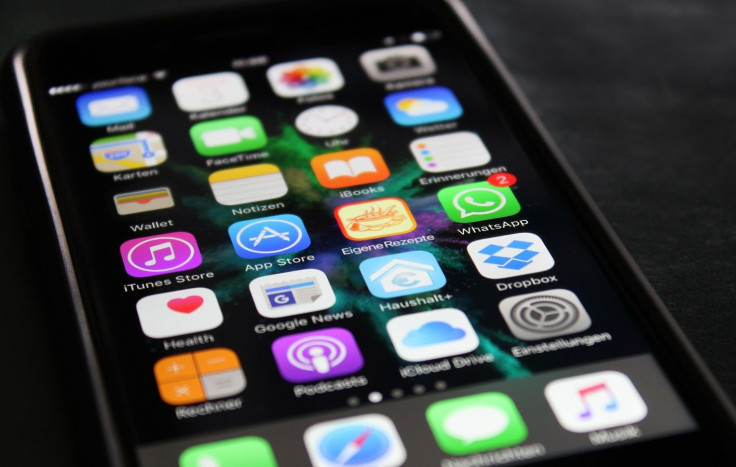Users And Developers Are Annoyed At This iOS 13 Feature
KEY POINTS
- Apple is advertising itself as a privacy champion
- In line with this, Apple made some change on location tracking with iOS 13
- However, it seems that this change is now rubbing privacy in the wrong way to both users and app developers
The Cupertino tech juggernaut advertised itself as a privacy champion and has, in every way, marketed it as both a service and feature. Over the past months, Apple regularly introduced new features or made changes to some of them that function to protect users from tracking. However, while iOS 13 exposed those activities to the user, the warnings or notifications it displays are souring both developers and users to the concept of protecting privacy, reports Slashgear.
Apple is actually doing the users a massive favor when it modified the location tracking rules in the iOS 13. Because of this, apps could no longer ask for blanket permission to monitor the device’s location, which is most users would easily give away, especially when using an app for the first time. Additionally, the system will also regularly remind users that an app is tracking their location in the background and asks whether the user would like it to continue doing so.
While they are useful, those persistent notifications are rubbing it the wrong way to both developers and users. The ‘Always Allow’ button does not work as the text suggests since the warning eventually comes back to remind the users. In the long run, this could give consumers the idea of protecting their privacy, not in the spirit of protecting it but as a means to avoid any more inconvenience.

Moreover, iOS developers are worried that this new system will produce less engagement and less use of their apps, with users more likely blocking their location access. Considering how invasive some apps are when it comes to location tracking, this could be for the better. But, it also places some apps that actually requires location tracking at a huge disadvantage.
Furthermore, there are some concerns that the Cupertino company is intentionally doing this to provide its own Find My Location tracking an advantage. Since this app is considered a system app and service, it is not required to ask permission periodically. Apple, of course, refutes this idea and, in its response to the Wall Street Journal, said that it had not built a business out of the changes made by iOS 13 to its location tracking.
© Copyright IBTimes 2024. All rights reserved.












